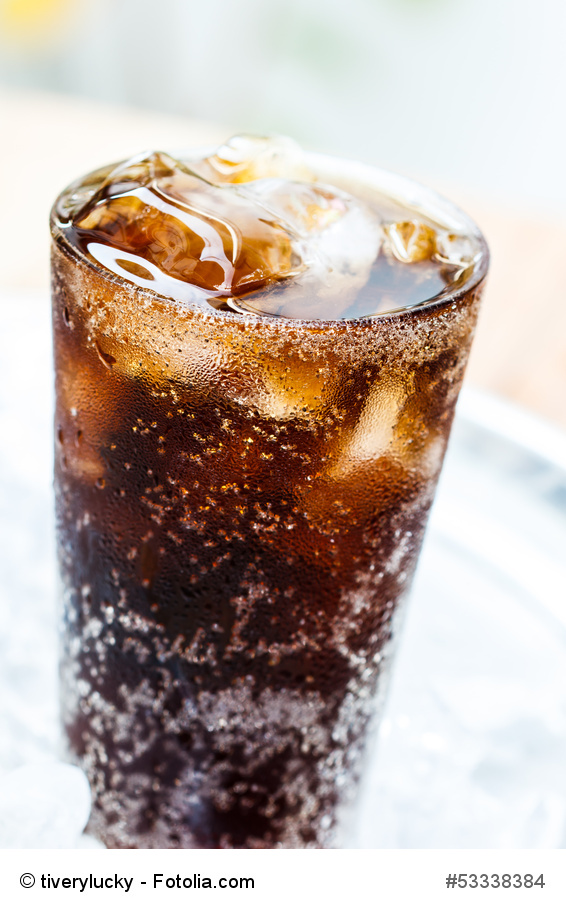
According to a recent report in Cancer Epidemiology, Biomarkers & Prevention, there is a direct link between the amount of soda individuals drink and their chance of being diagnosed with pancreatic cancer. “The high levels of sugar in soft drinks may be increasing the level of insulin in the body, which we think contributes to pancreatic cancer cell growth,” said Mark Pereira, senior author of the report on pancreatic cancer and soda intake.
The study, which took place throughout a 14 year period, included following more than 60,000 men and women. Throughout that time, there were 140 reported cases of pancreatic cancer. The individuals who consumed more than two soft drinks per week increased their chance of getting pancreatic cancer by 87 percent.
Healthy Alternatives to Soda
Do you reach for a soda when you’re thirsty? There are healthy options available if you enjoy the sweet, carbonated taste of a soft drink.
1. Flavored Waters
Adding a few slices of your favorite fruit can give your water the extra flavor your drink needs without adding calories or other negative health risks associated with soda.
2. Juice
Though there was a link between soda intake and an increased chance of pancreatic cancer, there was no link to pancreatic cancer and juice. Juice can be refreshing, low in sugar and healthy!
3. Green Tea
Not only does green tea taste great, there are also many health benefits to drinking green tea. Some health benefits include reducing the risk of several types of cancer, reducing hypertension and reducing the risk of heart disease.
Believe you may have an increased chance of being diagnosed with pancreatic cancer? Find out early with Cellvizio Targeted Biopsy.
Noel T. Mueller, Andrew Odegaard, Kristin Anderson, Jian-Min Yuan, Myron Gross, Woon-Puay Koh, and Mark A. Pereira. Soft Drink and Juice Consumption and Risk of Pancreatic Cancer: The Singapore Chinese Health Study. Cancer Epidemiology Biomarkers & Prevention, 2010; 19 (2): 447 DOI:10.1158/1055-9965.EPI-09-0862
